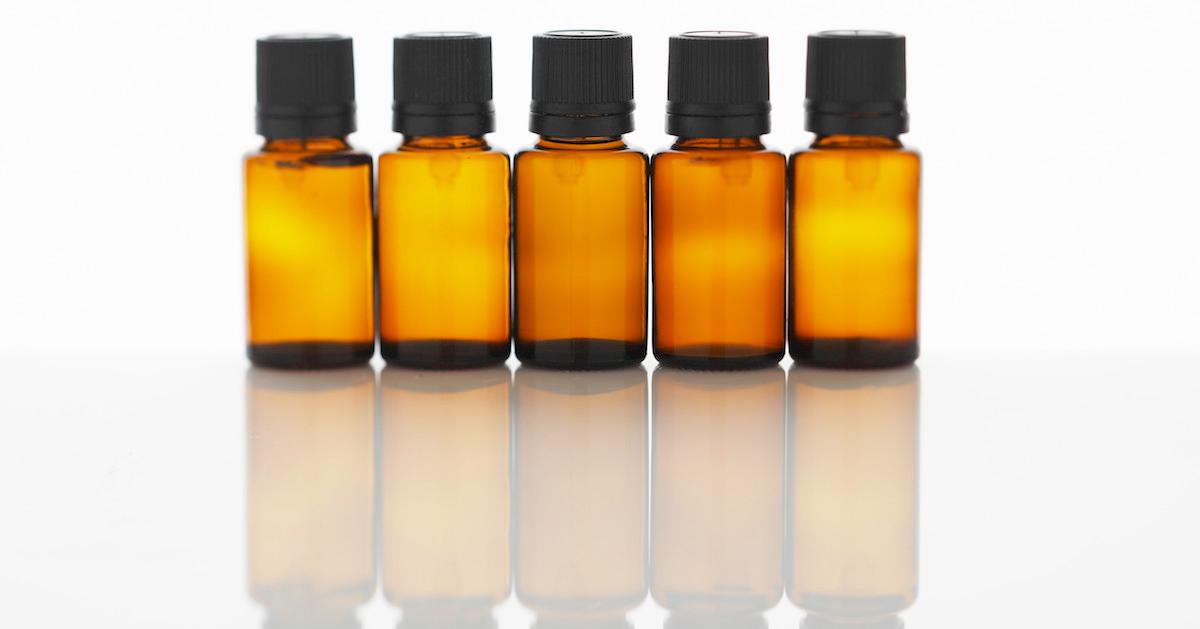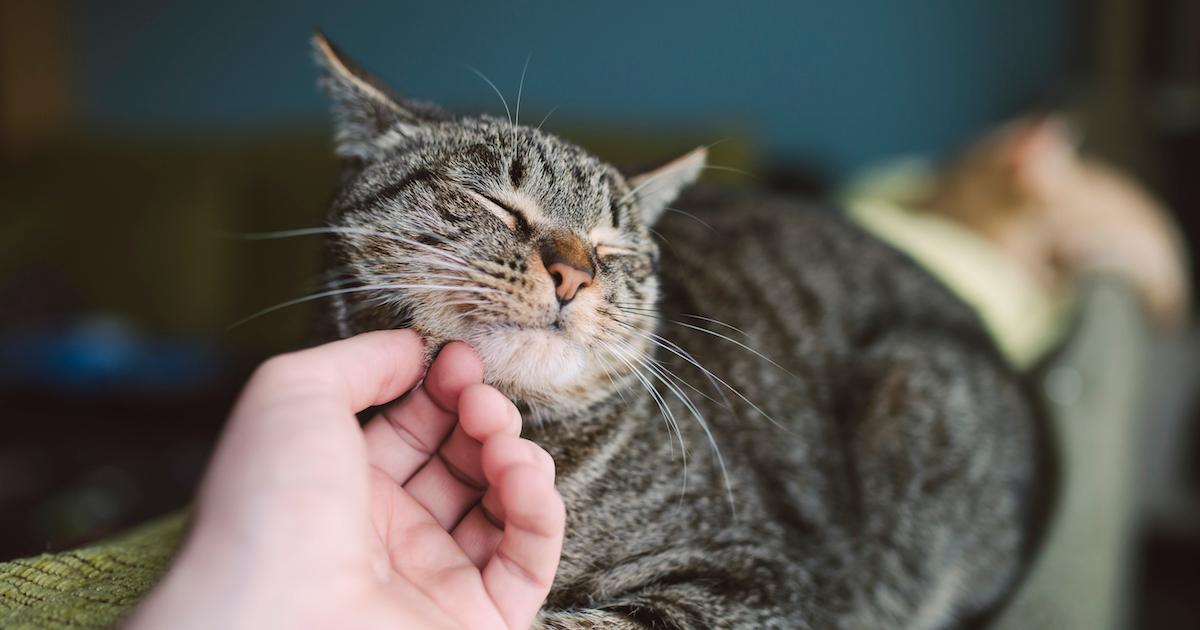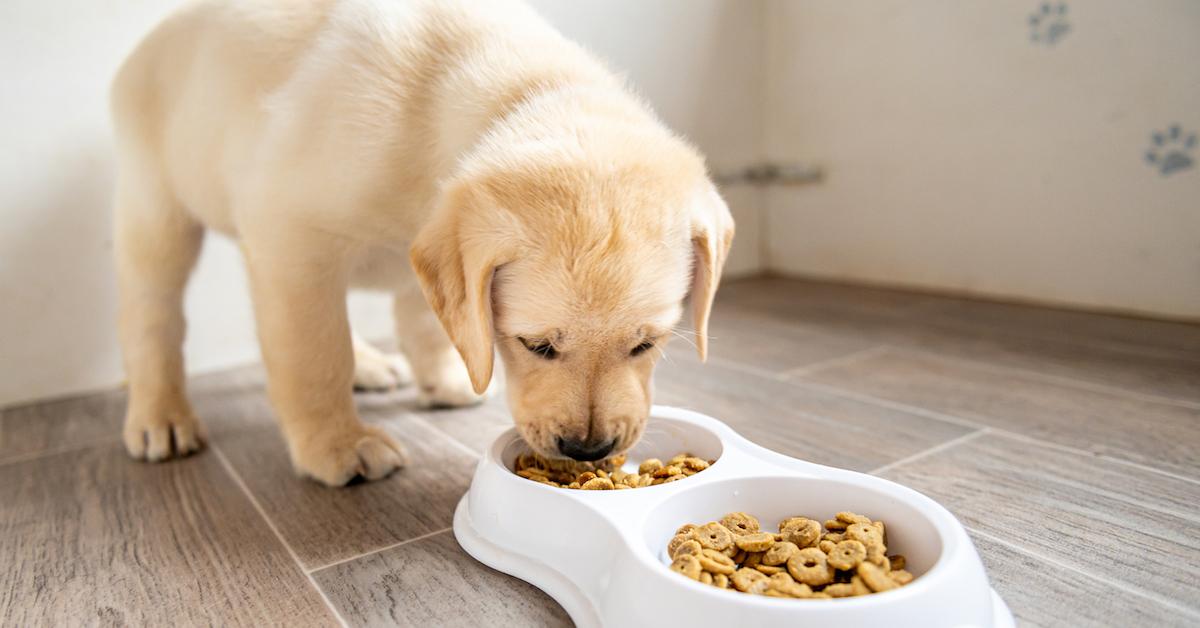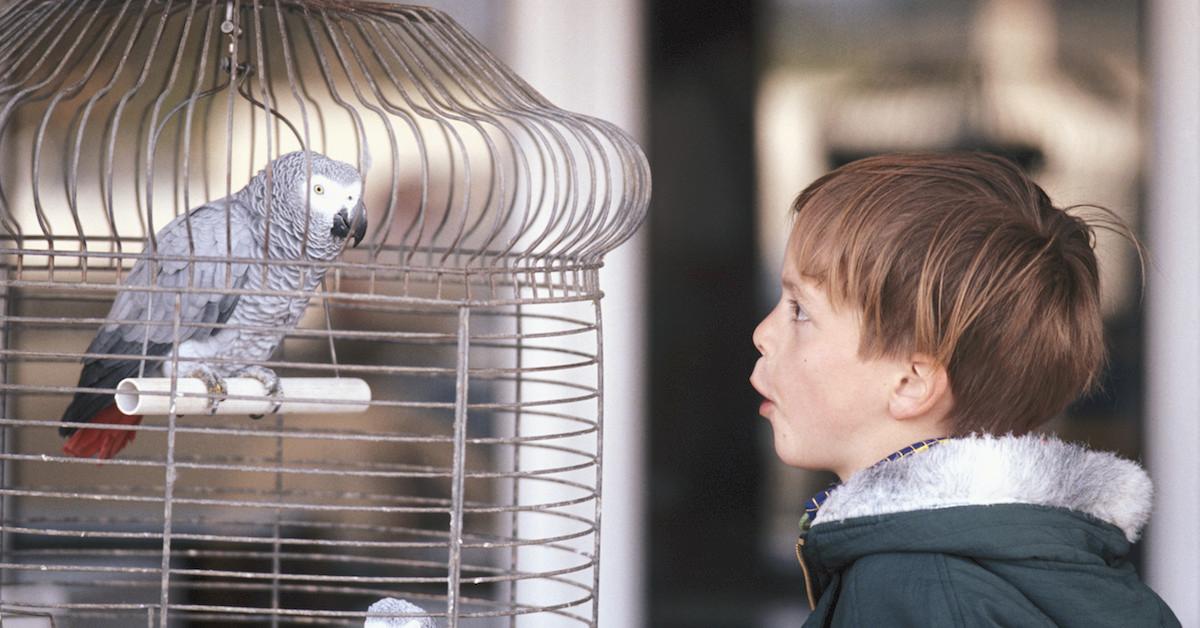Are Oil Diffusers Safe for Pets? Here's Which Essential Oils Are Harmful to Dogs
Published Jan. 5 2021, 12:59 p.m. ET

Dogs may be our best friends, but being mammals, they can sometimes bring unwanted odors into your living space. There are plenty of ways to keep these smells at bay with scented candles, air fresheners, or even the old standard Febreeze, but savvy, new-age pet owners might opt for something a bit more efficacious such as essential oil diffusers.
Although these kinds of de-odorizing products are the new standard in many households, are oil diffusers safe for those with pets? And more importantly, are any essential oils are harmful to dogs? Keep reading for more on keeping your house smelling nice, while keeping your fur babies safe.

What are essential oils made from?
Essential oils are the concentrated liquids of plants. Originally used primarily for aromatherapy and alternative medicine, they have become rather popular as fragrances for common household scent diffusers. Many essential oils make great scent additions to otherwise bland or vinegary-smelling natural cleaning products.
Some use essential oil for health reasons. Lavender essential oil can be utilized for relaxation and sleep, while peppermint or eucalyptus oils can help clear a stuffy nose or ease cold symptoms. But just because essential oils are helpful to humans, does not mean they are safe to use around our pets?

Are essential oils safe for pets?
First of all, every essential oil user knows that these highly-concentrated compounds can sometimes burn. Chemical burns are not unheard of in humans and the same holds true for animals, if any touches their skin. Most essential oils are also inherently toxic if ingested.
Eucalyptus oil, tea tree oil, cinnamon, citrus, pennyroyal, peppermint, pine, sweet birch, wintergreen, and ylang-ylang are all toxic to pets if ingested — even a few drops can be fatal. Cats are particularly susceptible to these safety concerns because of their ability to climb. Cat owners will undoubtedly understand the problems that arise when a curious cat bounds up onto a credenza near a lit three-wick candle.

Are oil diffusers safe for pets?
Oil diffusers aren't much better, either. Oil from diffusers can still be harmful because the water vapor it uses can carry the oil droplets into the air. If these droplets are inhaled, aspiration or pneumonia can occur. If the diffuser is used for a long period of time in a small area, other toxic effects can occur as well.
Dogs in particular also have incredibly strong senses of smell — according to PBS Nova, a dog’s sense of smell is somewhere between 1,000 to 10,000 times better than human's. That mild scent of peppermint you’re smelling off your diffuser might be overwhelming to your poor pup.
An easy way to avoid any and all contact between your diffuser and your pet would be to put the diffuser in a place that your pet does not have access to, but as we said before, this tactic doesn’t often work with cats. Also, if your pet has any existing breathing problems, like asthma or reverse sneezing, using a diffuser anywhere in the house might be out of the question.

Are any essential oils particularly harmful to dogs?
Unfortunately for the smell of your home, there are very few essential oils out there today that are completely non-toxic to pets. Ones that aren’t toxic to cats might be deadly for your dog, and vice versa.
Cinnamon, citrus, peppermint, pine, pennyroyal, sweet birch, tea tree, wintergreen, ylang-ylang, anise, clove, thyme, juniper, yarrow, and garlic are all considered to be harmful to dogs. Meanwhile, according to Pet Poison Hotline, wintergreen, sweet birch oil, citrus oil , pine oils, Ylang Ylang, peppermint, cinnamon, pennyroyal, clove, eucalyptus, and tea tree oils are also notoriously harmful to cats.
Are oil diffusers safe for other pets?
Don’t think you’re out of the woods if you’ve got a bird, either. Birds — particularly parrots — are known to have sensitive respiratory tracts and are severely affected by inhaled toxins. Most of the aforementioned oils are dangerous to them.
For smaller animals like hamsters, guinea pigs, or rabbits, essential oils will not only wreak havoc on their poor sensitive olfactories, they could prove deadly if you accidentally place your diffuser on the same surface as their cage or tank.

What happens if essential oil gets on or ingested by my pet?
If you happen to see oil spill on your pet's skin, wash them off as quickly as possible with dishwashing soap. These soaps can breakdown oils better than pet shampoo. If you haven’t seen your animal ingest or touch any oils, but they’re acting strange, you may want to consider taking them to the vet, just in case.
Common symptoms of pet poisoning include excessive drooling, fatigue, confusion, weakness, muscle tremors, redness, inflammation, or burning around the mouth or tongue, pawing at the face or mouth, or vomiting. If you notice any of these things, contact your vet right away. These symptoms could also occur if your pet is having a bad reaction to inhaling the diffused oil as well, so be vigilant. If that is the case, you might notice trouble breathing or an asthmatic reaction as well.